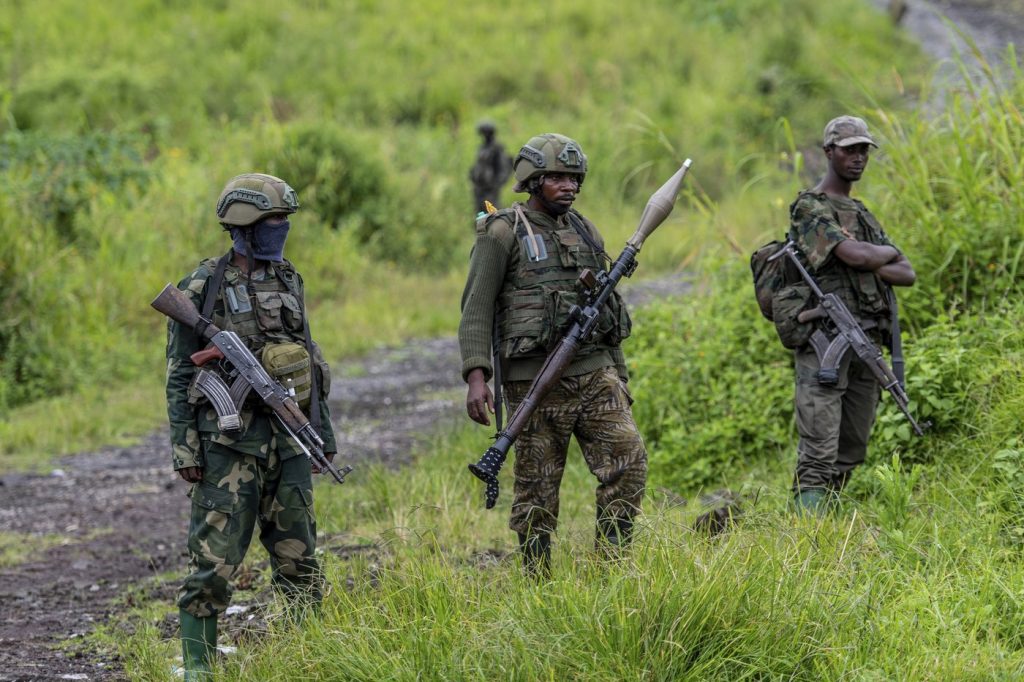On Saturday, a declaration of principles was signed in Qatar by Congo and Rwanda-backed rebels, marking a significant step towards ending decades of fighting in eastern Congo. The agreement commits both parties to a permanent ceasefire and outlines a plan for a comprehensive peace accord to be finalized within one month.
The final peace deal is expected to be signed no later than August 18 and will align with a previous Peace Agreement between Congo and Rwanda, which was facilitated by the United States in June. This declaration represents the first direct commitment from both sides since the M23 rebels took control of two key cities in eastern Congo earlier this year.
The M23, supported by neighboring Rwanda, is the most prominent among the over 100 armed groups vying for control in eastern Congo's mineral-rich region. Currently, around 7 million people have been displaced due to the conflict, prompting the United Nations to describe the situation in eastern Congo as "one of the most protracted, complex, serious humanitarian crises on Earth."
While the declaration outlines broad principles, specific terms of the final peace agreement remain unclear, particularly regarding potential concessions. The M23 has been advocating for the release of its members captured by Congo's army, many of whom are facing the death penalty. In contrast, the Congolese government has called for the withdrawal of rebels from the territories they have seized.
A critical factor in the peace process is whether Rwanda will cease its support for the M23 rebels, including the thousands of troops that UN experts have indicated are present in eastern Congo. During the signing of the peace deal in Washington, Rwandan Foreign Minister Olivier Nduhungirehe articulated Rwanda's willingness to lift its "defensive measures"—which likely refers to its military presence in eastern Congo—once the Congolese government effectively neutralizes an armed group that Rwanda claims is responsible for the 1994 genocide.
Experts suggest that the M23 rebels may find it challenging to withdraw from the strategically important cities of Goma and Bukavu, which they captured earlier this year. The rebels' withdrawal will largely depend on the concessions that the Congolese authorities are prepared to make in the ongoing negotiations.











